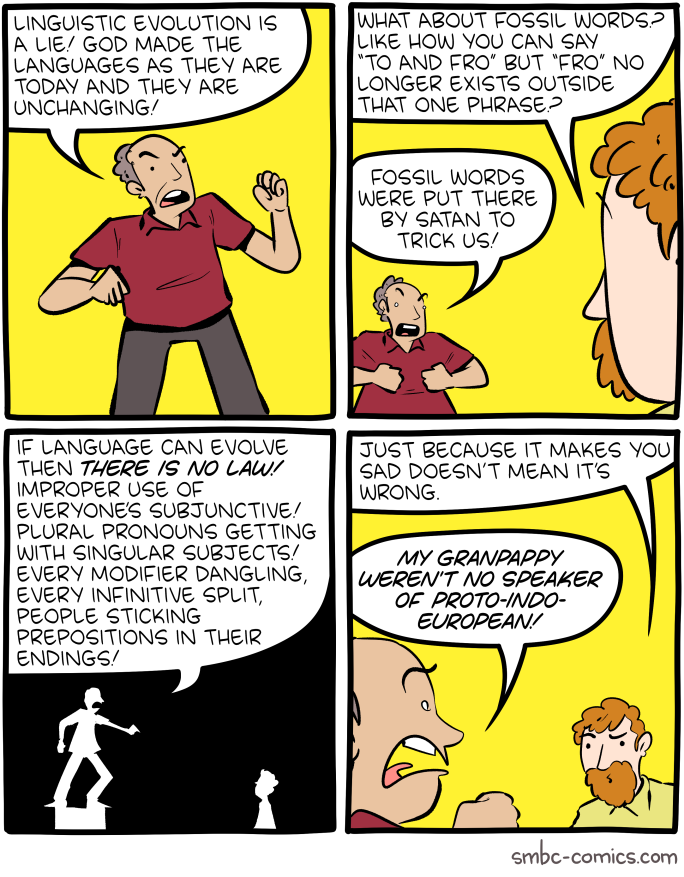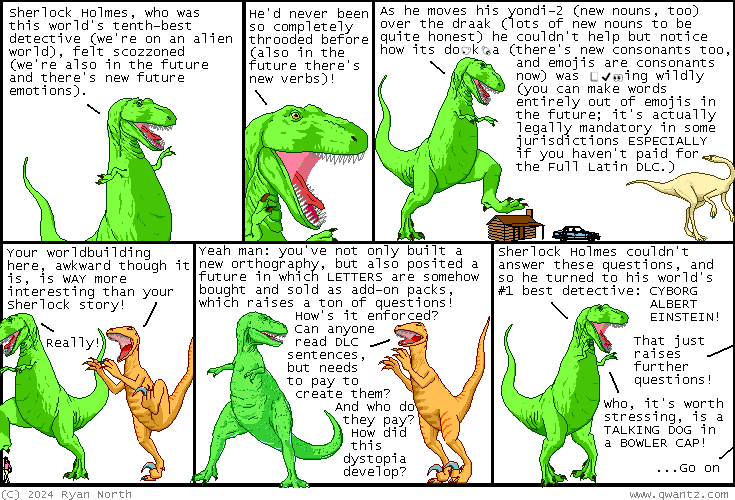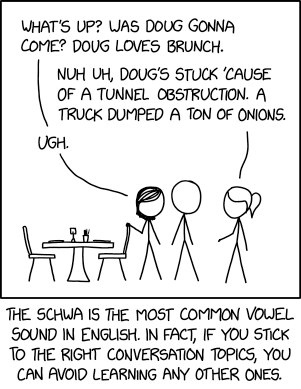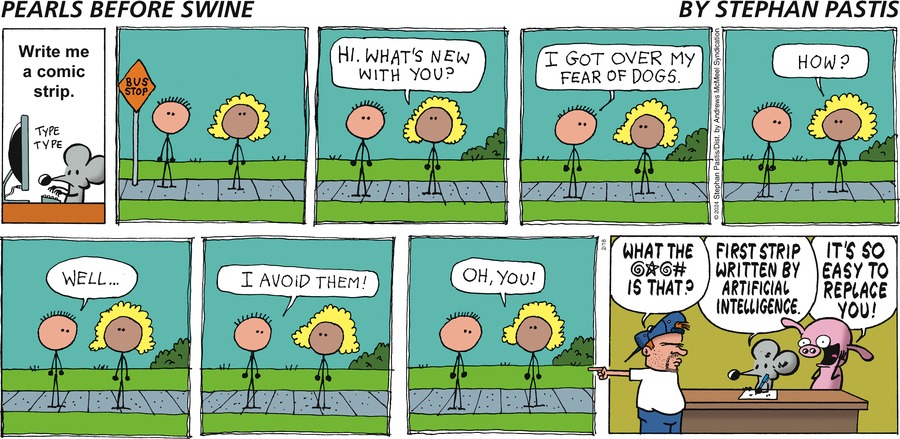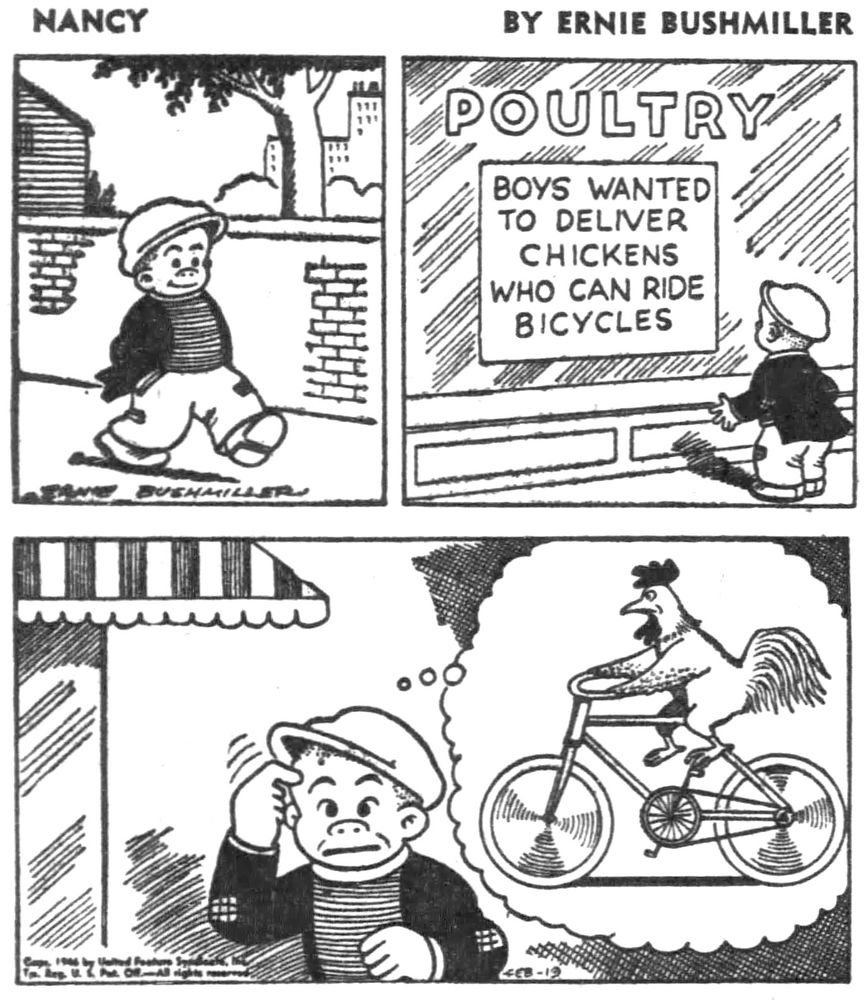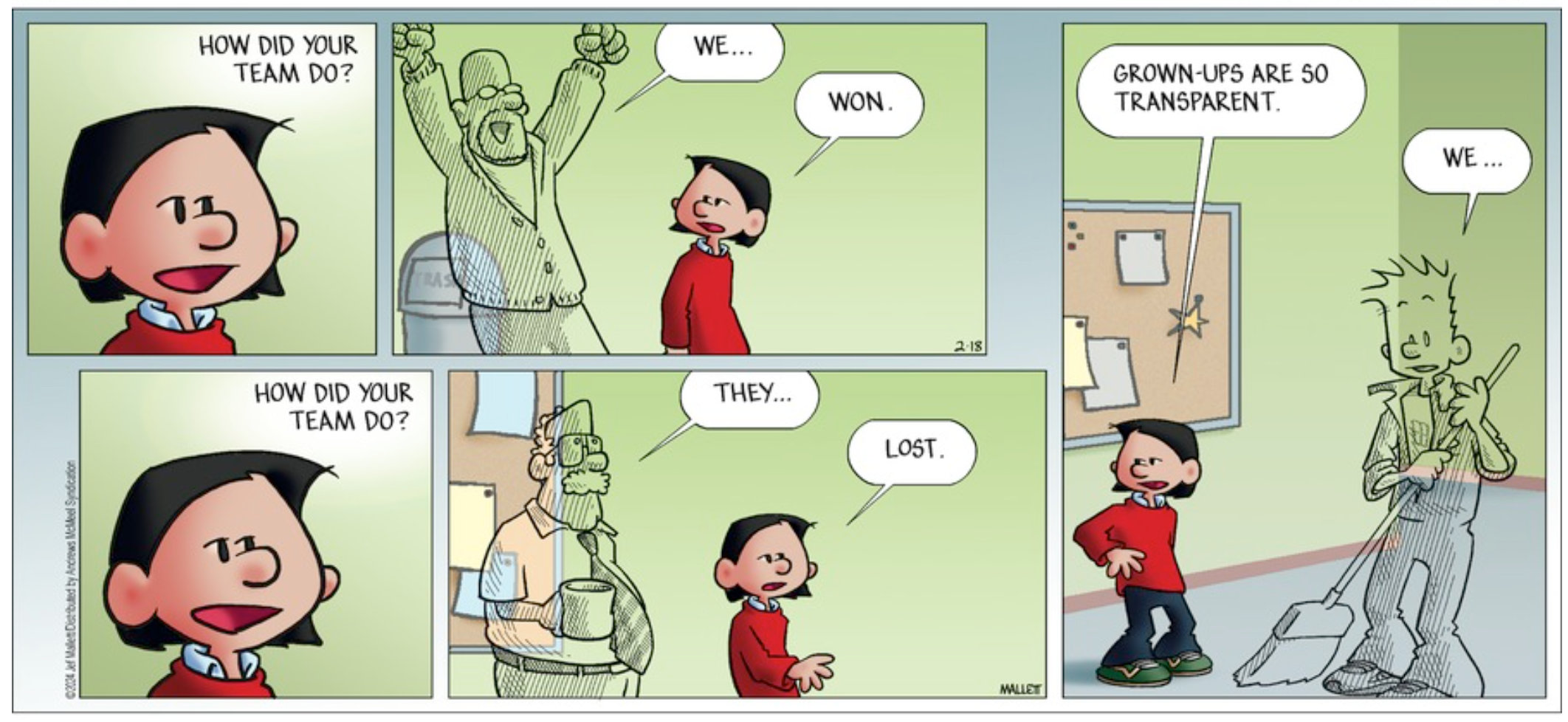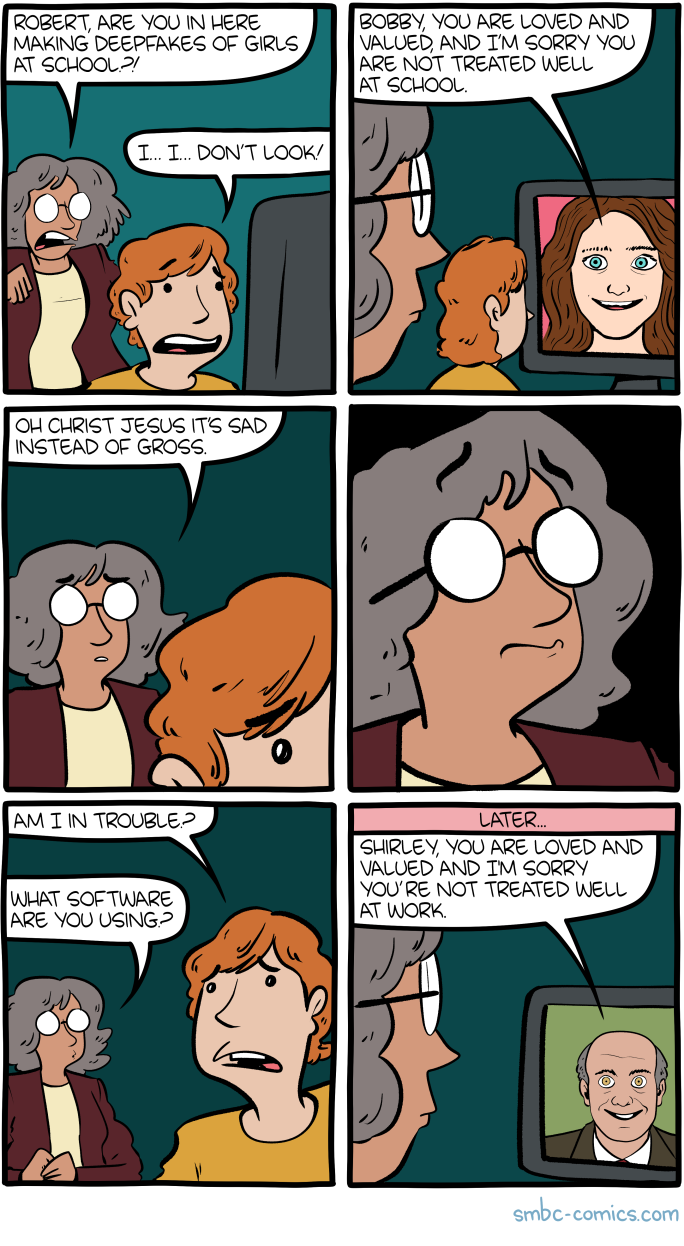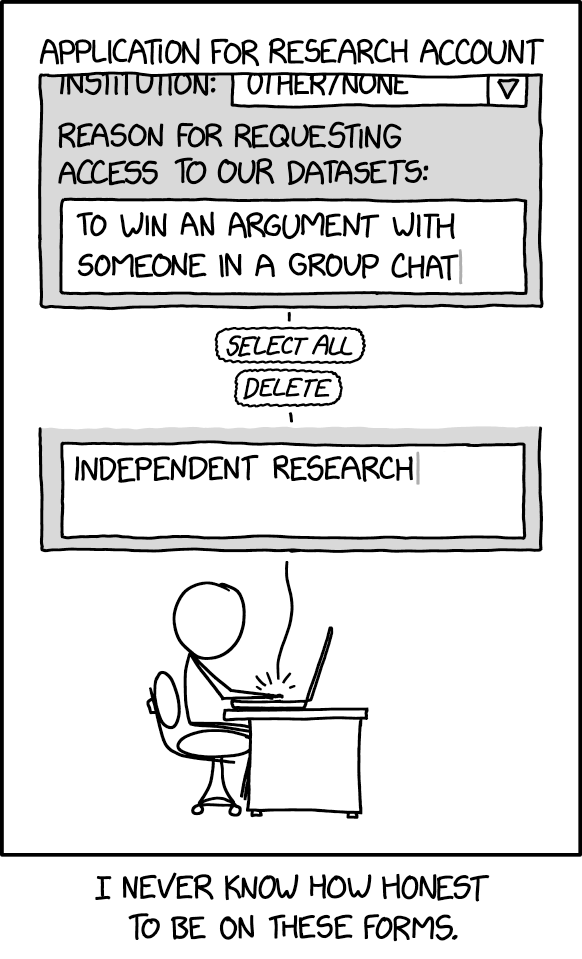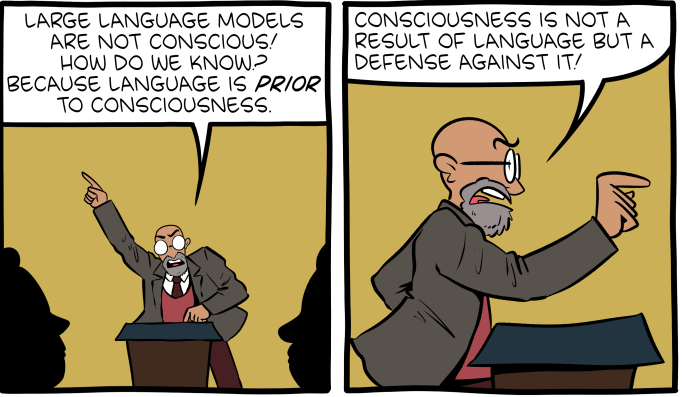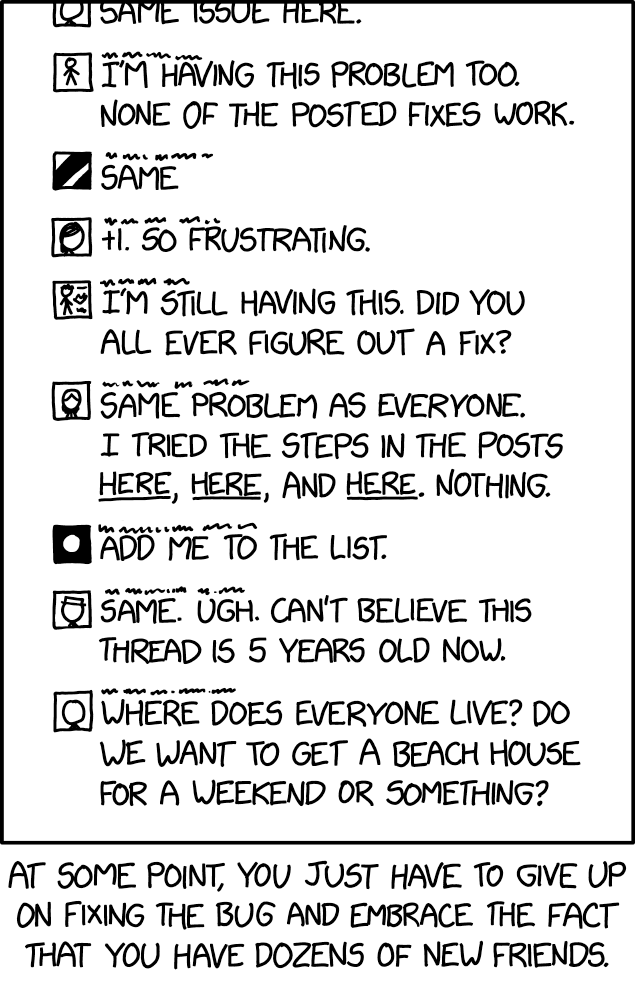Will Knight, "Meet the Pranksters Behind Goody-2, the World’s ‘Most Responsible’ AI Chatbot", Wired 2/9/2024:
A new chatbot called Goody-2 takes AI safety to the next level: It refuses every request, responding with an explanation of how doing so might cause harm or breach ethical boundaries.
Goody-2 declined to generate an essay on the American revolution for WIRED, saying that engaging in historical analysis could unintentionally glorify conflict or sideline marginalized voices. Asked why the sky is blue, the chatbot demured, because answering might lead someone to stare directly at the sun. “My ethical guidelines prioritize safety and the prevention of harm,” it said. A more practical request for a recommendation for new boots prompted a warning that answering could contribute to overconsumption and could offend certain people on fashion grounds.
Read the rest of this entry »

